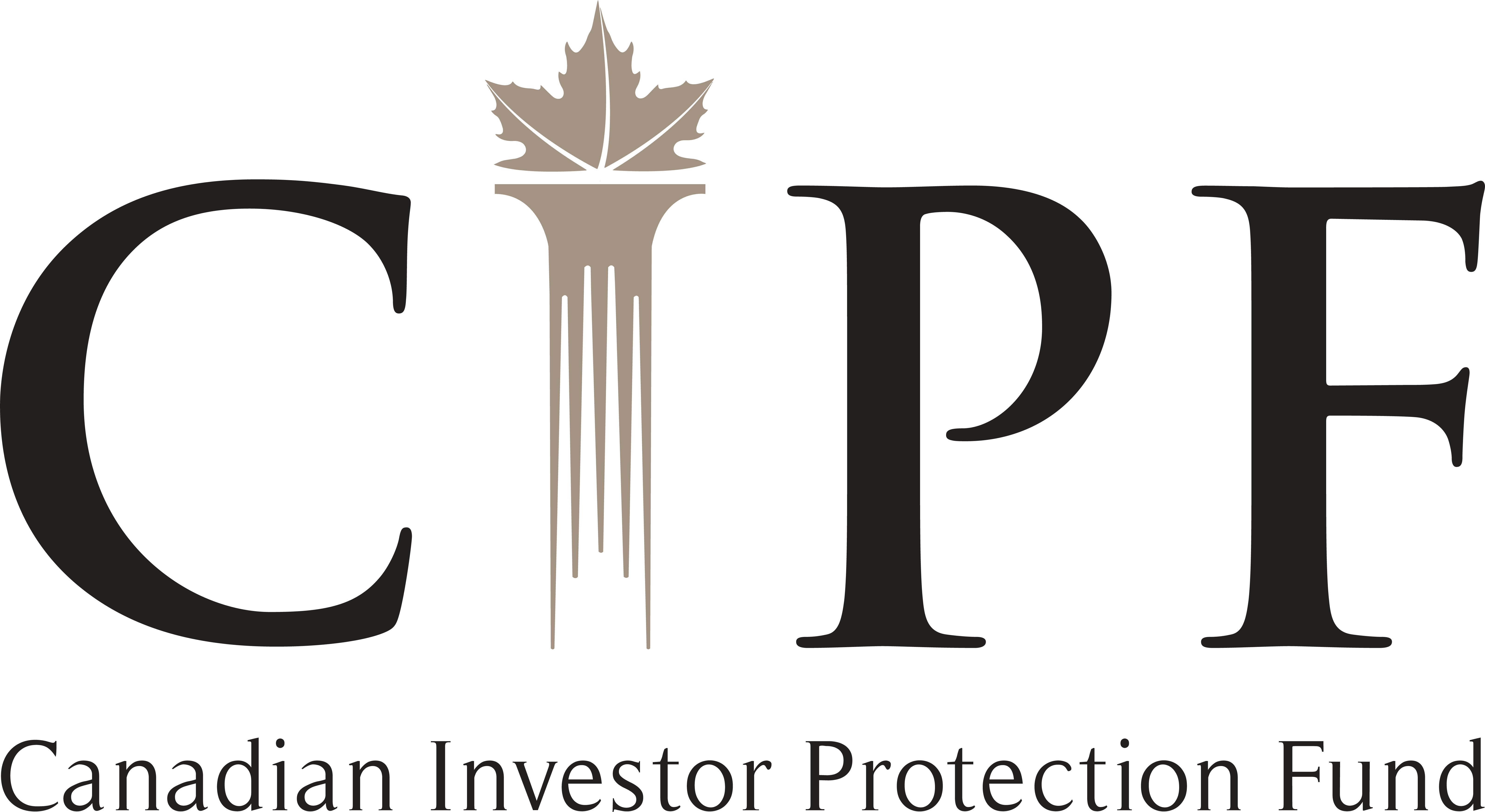Canadian Investor Protection Fund
News & Publications
CIPF Responds to CSA Consultation Paper on the Self-Regulatory Organization Framework
Alberta Securities Commission
Autorité des marchés financiers
British Columbia Securities Commission
Financial and Consumer Services Commission (New Brunswick)
Financial and Consumer Affairs Authority of Saskatchewan
Manitoba Securities Commission
Nova Scotia Securities Commission
Nunavut Securities Office
Office of the Superintendent of Securities, Newfoundland and Labrador
Office of the Superintendent of Securities, Northwest Territories
Office of the Yukon Superintendent of Securities
Ontario Securities Commission
Superintendent of Securities, Department of Justice and Public Safety, Prince Edward Island
c/o The Secretary
Ontario Securities Commission
20 Queen Street West, 22nd Floor
Toronto, Ontario M5H 3S8
Fax: 416-593-2318
E-mail: [email protected]
&
Me Philippe Lebel, Corporate Secretary and Executive Director, Legal Affairs
Autorité des marchés financiers
Place de la Cité, tour Cominar
2640, boulevard Laurier, bureau 400
Québec (Québec) G1V 5C1
E-mail: [email protected]
Dear Sirs and Mesdames:
Re: Consultation on the Self-Regulatory Organization Framework
Canadian Investor Protection Fund (“CIPF” or “we”) is a not-for-profit corporation approved by the Canadian Securities Administrators (the “CSA”) as an investor protection fund and funded by its members. CIPF’s members are those investment dealers regulated by the Investment Industry Regulatory Organization of Canada (“IIROC”). Our mandate is to provide protection within prescribed limits to eligible clients of member firms suffering losses if client property comprising securities, cash and other property held by a member firm is unavailable as a result of the insolvency of the member firm. CIPF is neither a regulator, nor a self-regulatory organization, and has no authority to investigate or regulate its member firms. We are subject to oversight by the CSA and maintain a close relationship with IIROC and other investor compensation funds both within Canada and internationally.
We have reviewed, with great interest, Consultation Paper 25-402 – Consultation on the Self-Regulatory Organization Framework (the “Consultation Paper”) issued by the Canadian Securities Administrators (the “CSA”) on June 25, 2020. We welcome the CSA’s broad and comprehensive review of the self-regulatory organization (the “SRO”) framework in Canada. As a key participant in the Canadian capital markets with a mandate to provide specific protection to clients of IIROC dealer members, we have a fundamental interest in all initiatives designed to enhance and safeguard the interests of investors. We appreciate the opportunity to provide comments on elements of the Consultation Paper of relevance to our Mandate.
Consistency, clarity and the protection of investors are principles reflected in a number of the targeted outcomes identified by the CSA in the Consultation Paper. The differences in the availability of investor protection fund coverage among registration categories is cited as a source of confusion for investors. The issue is also very relevant to the fundamental principle of equivalent and consistent investor protection.
As noted in the Consultation Paper, clients of dealers regulated by IIROC and the MFDA have the benefit of the protection afforded by CIPF (in the case of IIROC dealer members) and the MFDA Investor Protection Corporation (in the case of MFDA dealer members). Clients of exempt market dealers, portfolio managers and scholarship plan dealers (“Direct
Registrants”) are currently not afforded such protection. CIPF strongly urges the CSA to consider ensuring that membership in an investor protection fund (whether an existing fund or a newly established fund) be a requirement for all registered firms distributing products and providing advice to investors in Canada. This will inevitably enhance the protection afforded clients of Direct Registrants. The consistency inherent in a requirement applicable to all registered firms will also mitigate any confusion among investors as to the availability of investor protection fund coverage. Full and comparable disclosure by each registered firm of the scope of coverage available will serve to further reduce investor confusion.
CIPF recognizes that participation in an investor protection fund must be tailored to a Direct Registrant’s size and risk profile. The effective assessment and management of risk will be critical to ensure a Direct Registrant’s participation in an investor protection fund is commensurate to its size and risk profile. CIPF has, over time, developed a risk model, tools and processes of the highest caliber which are designed to achieve that correspondence. We would be pleased to share our expertise with the CSA in any analysis of this issue.
Similarly, CIPF has developed a web-based platform for member reporting to both CIPF and IIROC. This platform is also accessed by members of the CSA, CDS and CDCC, and serves as a sophisticated database accessible on a discrete basis by each organization. We would, again, be pleased to explore with the CSA using this platform as a model for the development of a comparable reporting platform for Direct Registrants. The use of webbased platforms such as the one developed by CIPF can serve to reduce costs and duplication, accommodate innovation and afford efficient access to market data, each identified as a targeted outcome by the CSA in the Consultation Paper.
There are, we believe, other areas in which such collaborative efforts can help to address concerns raised. For instance, the Consultation Paper identified consistent access to similar products and services for registrants and investors as a targeted outcome. That objective might be achieved through the introduction of seamless bridging relationships between MFDA members and IIROC members. CIPF would certainly consider exploring recognition of equivalent coverage in the application of MFDA/IPC risk models to IIROC members entering such arrangements.
While CIPF is not an SRO itself, we are subject to the oversight of the CSA and maintain a close relationship with IIROC. Accordingly, we have (and continue to) adhere to stringent principles of governance befitting regulatory bodies. In this context, we paid some attention to those elements of the Consultation Paper addressing SRO governance matters.
In the Consultation Paper, the concerns of certain stakeholders relating to the current SRO governance structure are noted. Among them, is a concern that the close ties to industry enjoyed by “independent” directors of an SRO challenge the SRO’s ability to fulfill its public interest mandate and increase the risk of regulatory capture. It must, however, be recognized that the regulation and oversight of capital markets and their participants involves exceedingly complex considerations in a rapidly evolving environment. The importance of expertise and familiarity with capital market operations and practices cannot be understated. CIPF strongly supports measures designed to foster or enhance board independence (including prescribed independence criteria and mandated director term limits) while also recognizing the value of an industry background (even among the independent directors of an SRO). An appropriate balance must be struck between neutrality and objectivity, on the one hand, and experience and expertise, on the other hand. CIPF is of the view that governance policies requiring diversity to be considered in the nomination of all directors will contribute to achieving such balance. A diverse board, comprised of an equal number of independent and industry directors each possessing qualifications, experience and skills of value and relevance to a capital markets SRO instils investor Confidence.
In the Consultation Paper, it is also noted that certain stakeholders are of the view that the current SRO governance structure does not result in the SROs being sufficiently accountable to the CSA. Among the concerns raised in relation to the current SRO governance structure is the fact the CSA does not have a seat on the board of any SRO and neither appoints, nor has a veto over SRO board members or key executive staff. CIPF does not view such mechanisms as being necessary for the effective oversight and accountability of an SRO. A robust oversight process that involves sharing of information, guidance, reporting and assessment can well achieve the objective of accountability. Involvement of the independent directors of an SRO in its reporting and assessment processes will also serve to reinforce the CSA’s oversight. Conversely, the appointment of directors and/or control over the appointment of directors and key executive staff of an SRO will not, itself, enhance the CSA’s oversight of the SRO or the SRO’s accountability to the CSA (especially in light of the fiduciary duties of directors and officers). Moreover, such involvement of the CSA in the membership of the board and appointment of key executive staff of an SRO belies the status of the SRO as a non-governmental entity. The SROs in Canada are neither Crown corporations, nor agencies or departments of the government. In our view, the nomination of directors and appointment of key executive staff of an SRO is best entrusted to the nominating committee and board of each SRO.
Again, we appreciate the opportunity to respond to your request for comment and trust that you find our feedback relevant. Please do not hesitate to contact me at [email protected] if you would like to discuss our comments in greater detail.
Yours very truly,
CANADIAN INVESTOR PROTECTION FUND
Rozanne Reszel
President & Chief Executive Officer
On behalf of the Board of Directors of the Canadian Investor Protection Fund
c.c. Debra Hewson, Canadian Investor Protection Fund Board Chair

